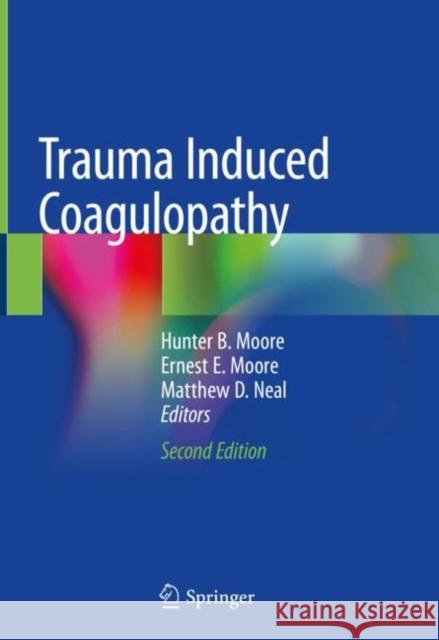Trauma Induced Coagulopathy » książka
topmenu
Trauma Induced Coagulopathy
ISBN-13: 9783030536053 / Angielski / Twarda / 2020 / 802 str.
Trauma Induced Coagulopathy
ISBN-13: 9783030536053 / Angielski / Twarda / 2020 / 802 str.
cena 928,04
(netto: 883,85 VAT: 5%)
Najniższa cena z 30 dni: 886,75
(netto: 883,85 VAT: 5%)
Najniższa cena z 30 dni: 886,75
Termin realizacji zamówienia:
ok. 16-18 dni roboczych.
ok. 16-18 dni roboczych.
Darmowa dostawa!
Kategorie BISAC:
Wydawca:
Springer
Język:
Angielski
ISBN-13:
9783030536053
Rok wydania:
2020
Wydanie:
2021
Ilość stron:
802
Waga:
1.57 kg
Wymiary:
25.68 x 18.54 x 3.51
Oprawa:
Twarda
Wolumenów:
01











